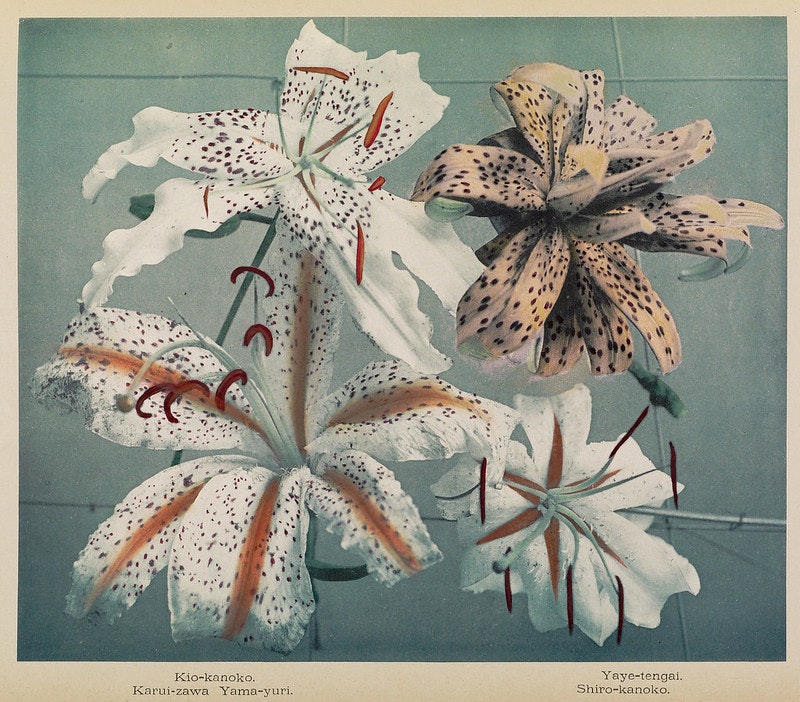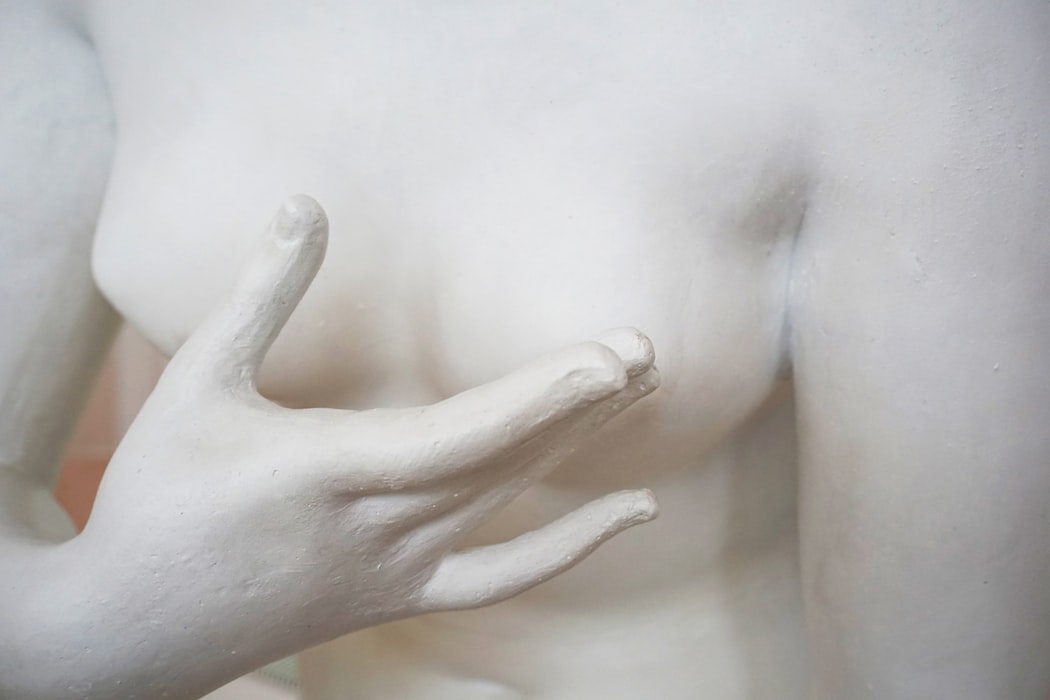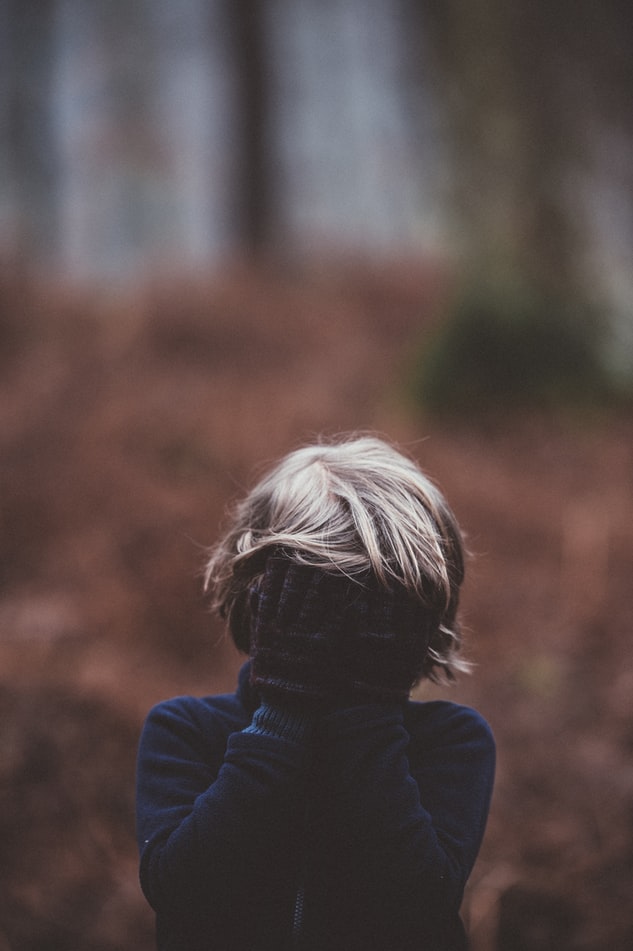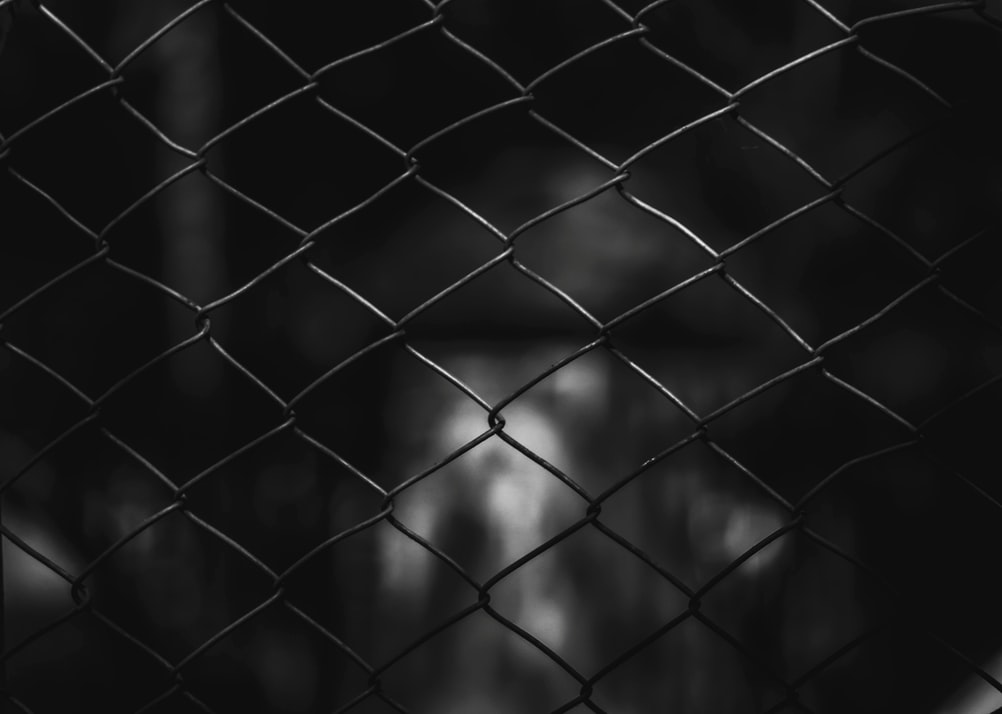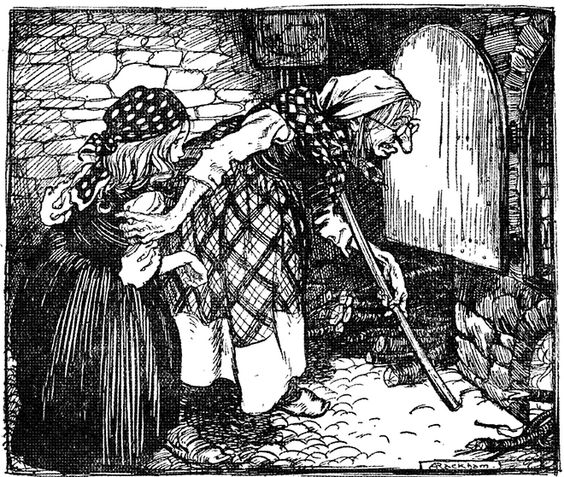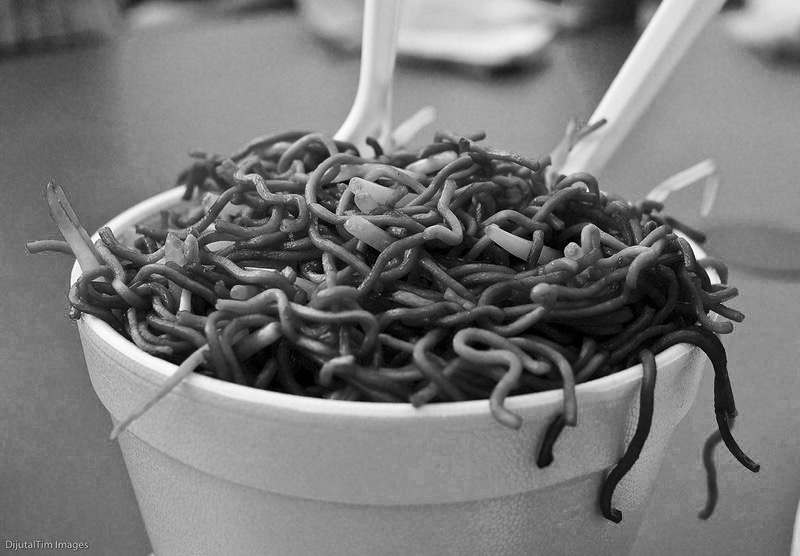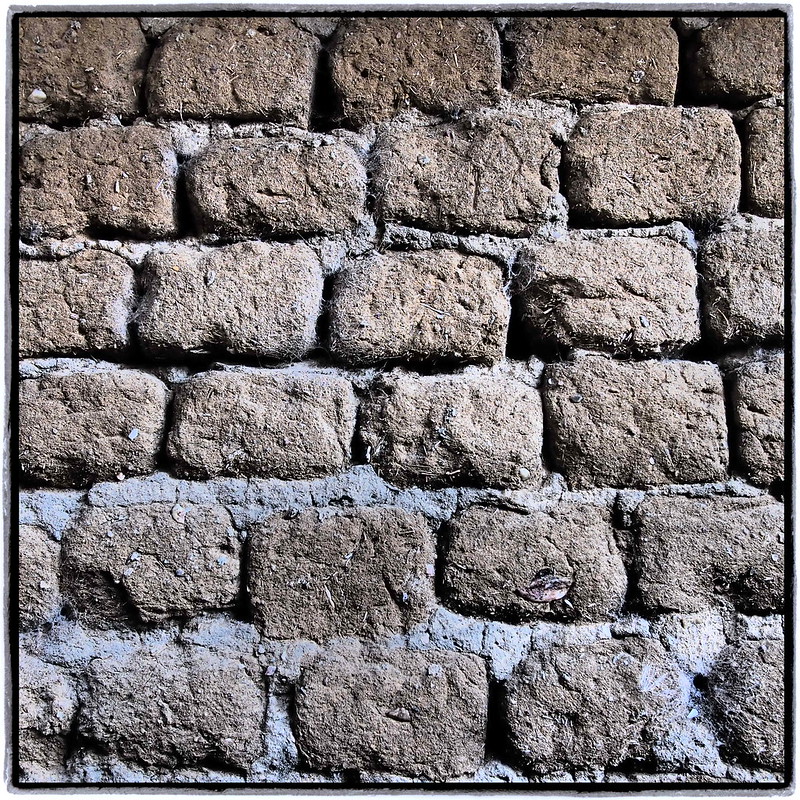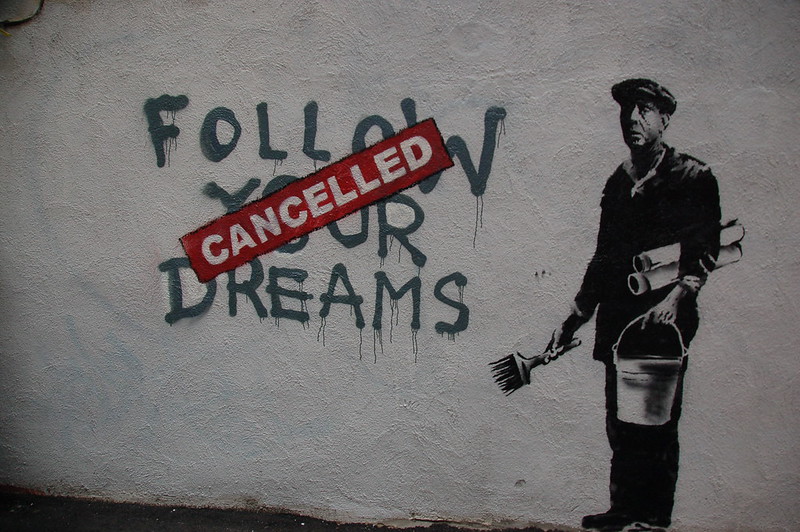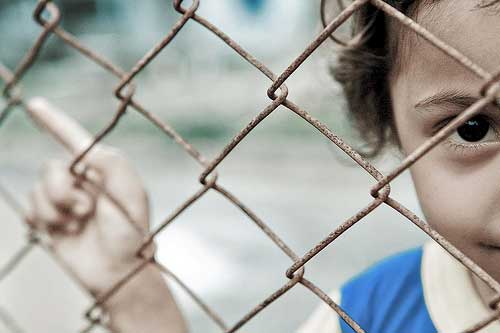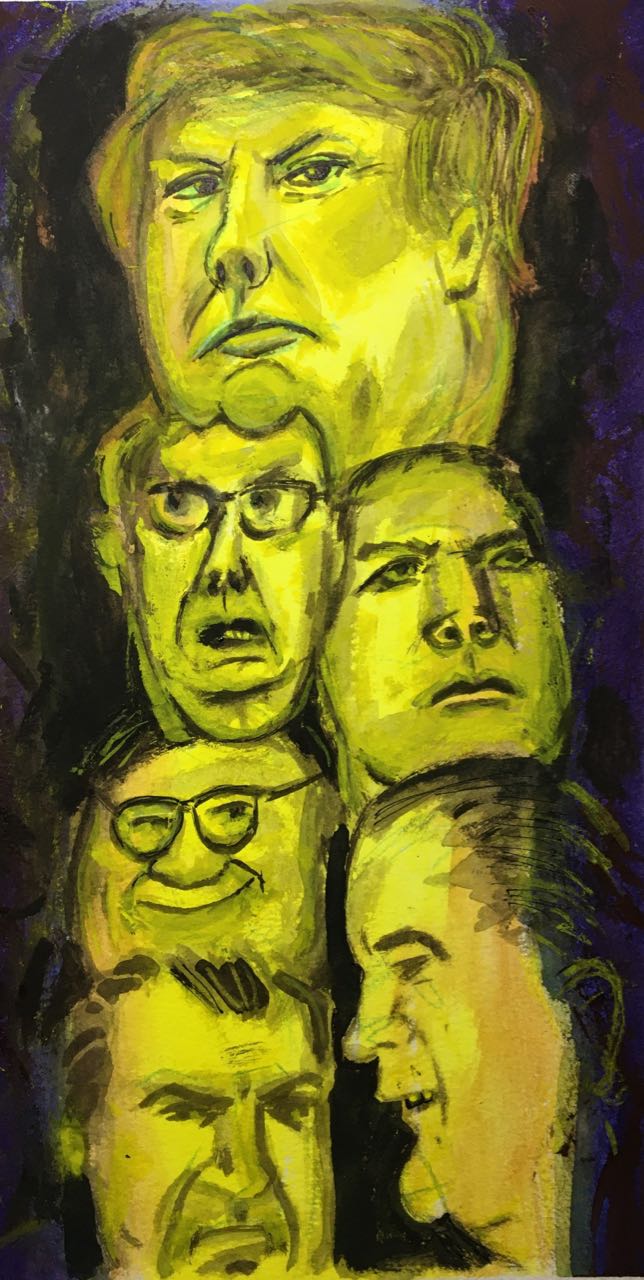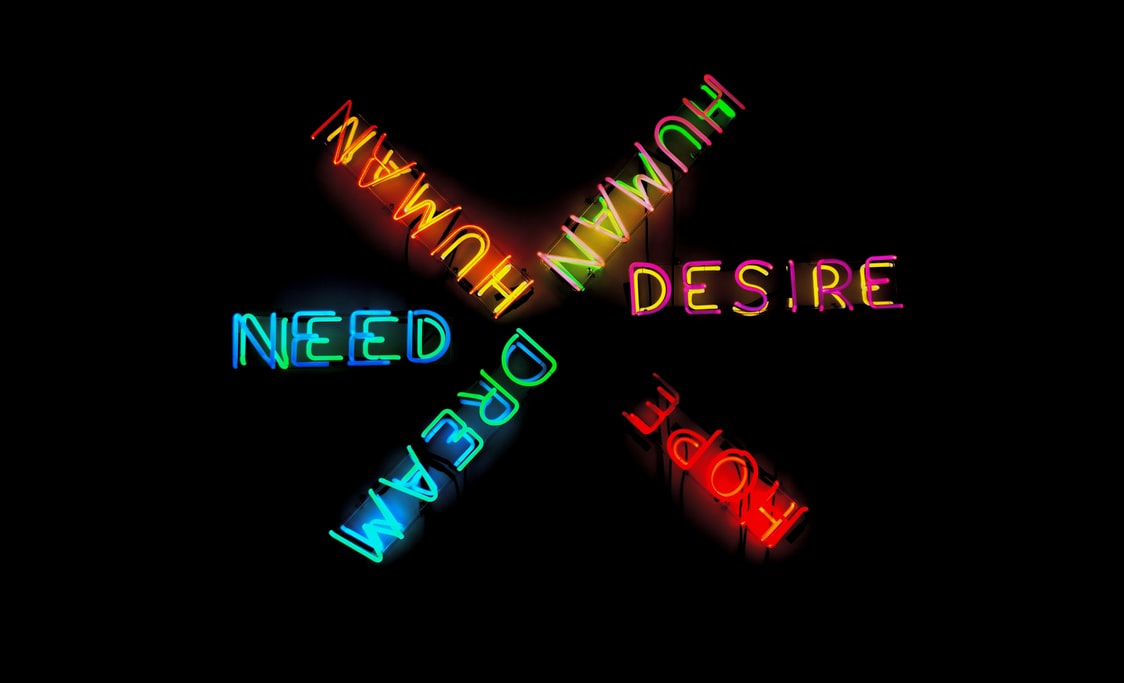Whiteness in Bloom
[fusion_builder_container hundred_percent=”no” hundred_percent_height=”no” hundred_percent_height_scroll=”no” hundred_percent_height_center_content=”yes” equal_height_columns=”no” menu_anchor=”” hide_on_mobile=”small-visibility,medium-visibility,large-visibility” class=”” id=”” background_color=”” background_image=”” background_position=”center center” background_repeat=”no-repeat” fade=”no” background_parallax=”none” enable_mobile=”no” parallax_speed=”0.3″ video_mp4=”” video_webm=”” video_ogv=”” video_url=”” video_aspect_ratio=”16:9″ video_loop=”yes” video_mute=”yes” video_preview_image=”” border_size=”” border_color=”” border_style=”solid” margin_top=”” margin_bottom=”” padding_top=”” padding_right=”” padding_bottom=”” padding_left=””][fusion_builder_row][fusion_builder_column type=”1_1″ layout=”1_2″ spacing=”” center_content=”no” link=”” target=”_self” min_height=”” hide_on_mobile=”small-visibility,medium-visibility,large-visibility” class=”” id=”” background_color=”” background_image=”” background_position=”left top” background_repeat=”no-repeat” hover_type=”none” border_size=”0″ border_color=”” border_style=”solid” border_position=”all” padding=”” dimension_margin=”” animation_type=”” animation_direction=”left” animation_speed=”0.3″ animation_offset=”” last=”no”][fusion_text]
By Jill McDonough
Thinking about whiteness, what it is and what
it does, we go to the MFA to see Art
in Bloom. Groups of white suburban women,
garden clubs, look at art, arrange some flowers
to look like the art. Or something. Lilies scattered
over scaffolding: the Rape of the Sabine Women;
a column of callas: the Dead Body of Christ.
Older white women figuring out the flowers always
crack me up. One group looked at a boat of flowers
under a portrait of an Asian guy and was like huh?
So one of the ladies read the description, pointed to it,
said “You can read about him. He’s a tradesman
from China. So kinda. . . that’s a boat.” I text that
to myself, say it again, delighted. This is the kind
of whiteness I’ve come to see. We go every year, think
it’s hilarious, like seeing parodies of our slightly
older selves, a little richer, continuing to come
here but without irony. There are phrases
from my southern youth about whiteness I remember:
Mightly white of you; Free, white, and 21.
Whiteness was aspirational. Sometimes I wanted more:
more whiteness like more money, the whitest kids
with ski passes from Vail on jacket zippers all winter long.
Invited to be a debutante, join a sorority, I said no,
explained I couldn’t join an all-white group. They have
their own groups, other white people told me, exasperated,
leaving me in confused tears. It’s embarrassing, talking
about whiteness. A hard job, imagining who you want
to be as an adult, barely knowing what it is
you don’t want to have ever done.
[/fusion_text][/fusion_builder_column][/fusion_builder_row][/fusion_builder_container][fusion_builder_container hundred_percent=”no” hundred_percent_height=”no” hundred_percent_height_scroll=”no” hundred_percent_height_center_content=”yes” equal_height_columns=”no” menu_anchor=”” hide_on_mobile=”small-visibility,medium-visibility,large-visibility” class=”” id=”” background_color=”” background_image=”” background_position=”center center” background_repeat=”no-repeat” fade=”no” background_parallax=”none” enable_mobile=”no” parallax_speed=”0.3″ video_mp4=”” video_webm=”” video_ogv=”” video_url=”” video_aspect_ratio=”16:9″ video_loop=”yes” video_mute=”yes” video_preview_image=”” border_size=”” border_color=”” border_style=”solid” margin_top=”” margin_bottom=”” padding_top=”” padding_right=”” padding_bottom=”” padding_left=””][fusion_builder_row][fusion_builder_column type=”1_1″ layout=”1_1″ spacing=”” center_content=”no” link=”” target=”_self” min_height=”” hide_on_mobile=”small-visibility,medium-visibility,large-visibility” class=”” id=”” background_color=”” background_image=”” background_position=”left top” background_repeat=”no-repeat” hover_type=”none” border_size=”0″ border_color=”” border_style=”solid” border_position=”all” padding=”” dimension_margin=”” animation_type=”” animation_direction=”left” animation_speed=”0.3″ animation_offset=”” last=”no”][fusion_text]
Jill McDonough is the author of Habeas Corpus (Salt, 2008), Oh, James! (Seven Kitchens, 2012), Where You Live (Salt, 2012), Reaper (Alice James, 2017), and Here All Night (Alice James, 2019). The recipient of three Pushcart prizes and fellowships from the Lannan Foundation, the National Endowment for the Arts, the Fine Arts Work Center, the New York Public Library, the Library of Congress, and Stanford’s Stegner program, she taught incarcerated college students through Boston University’s Prison Education Program for thirteen years. Her work has appeared in Poetry, Slate, The Nation, The Threepenny Review, and Best American Poetry. She teaches in the MFA program at UMass-Boston and offers College Reading and Writing at a Boston jail. Her website is jillmcdonough.com.
Image credit: Hand-colored photograph by Ogawa Kazumasa, 1896, via Public Domain Review.
[/fusion_text][/fusion_builder_column][/fusion_builder_row][/fusion_builder_container]

